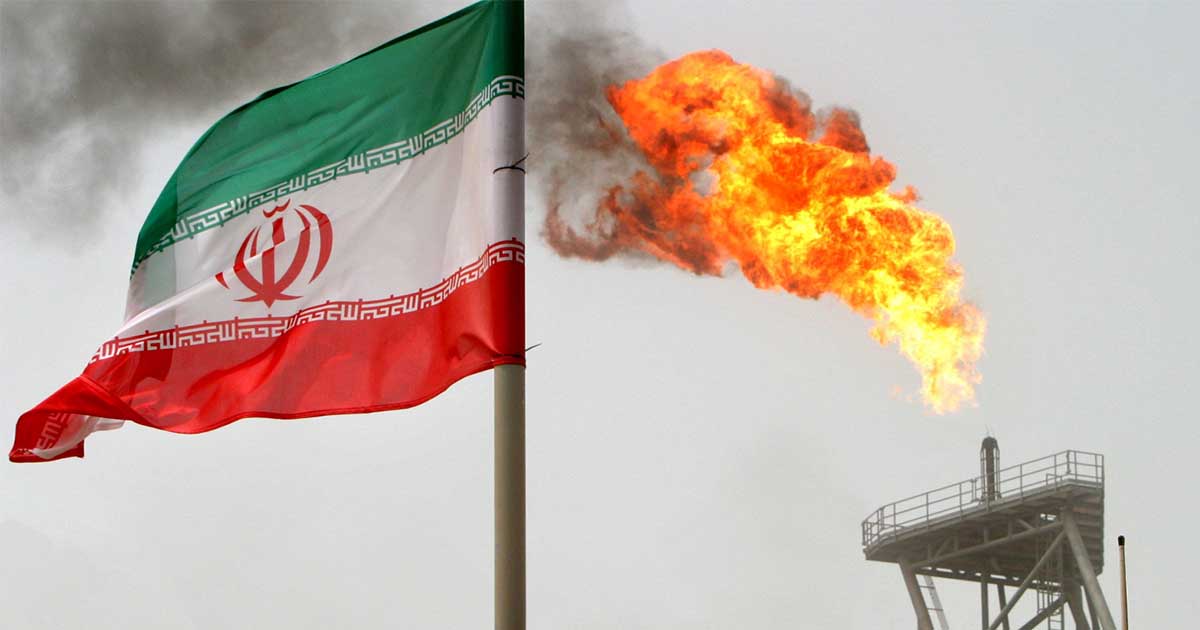Pakistan’s military on Saturday issued a strong warning to India, cautioning that any future confrontation between the two nuclear-armed neighbors could lead to “cataclysmic devastation.” The statement by the Inter-Services Public Relations (ISPR) emphasized that Pakistan would “resolutely respond, without any qualms or restraint” to any aggression.
🚨 “We will not hold back. This time we’ll shatter the myth of geographic immunity, hitting the farthest reaches of the Indian territory.” – DG ISPR
Pakistan military responds to Indian Army chief threat of “erasing Pakistan from the map” in the next conflict.
— South Asia Index (@SouthAsiaIndex) October 4, 2025
The warning came after a series of provocative remarks by senior Indian officials. Citing “highly provocative statements” from India’s defense minister and military chiefs, the ISPR said Pakistan would not hesitate to strike back decisively if hostilities were reignited.
#ISPR
Rawalpindi, 4 October 2025We have noted with grave concern the delusional, provocative and jingoistic statements coming from the highest levels of the #India security establishment. #Pakistan #COAS #AsimMunir
These irresponsible statements indicate a renewed attempt at… pic.twitter.com/mUm5pIXUFg
— Pakistan Armed Forces News 🇵🇰 (@PakistanFauj) October 4, 2025
Read more: Malaysia, Pakistan Expand Economic Cooperation with New Halal Trade Agreement
Indian Army Chief General Upendra Dwivedi had earlier warned Pakistan to end what he called “state-sponsored terrorism,” claiming India “would not show any restraint this time.” Indian Air Force Chief Amar Preet Singh also alleged—without evidence—that Indian forces had downed five Pakistani fighter jets during May’s intense border clashes.
Meanwhile, Indian Defence Minister Rajnath Singh declared that India’s military possessed both the weapons and morale to overcome any threat, saying, “No challenge can stand before us.”
In response, Pakistan’s military vowed to “shatter the myth of geographic immunity” and strike “the farthest reaches of Indian territory” if provoked. “As for the talk of erasing Pakistan from the map, India must know that if the situation comes, the erasure will be mutual,” the ISPR warned.
ISPR Accuses India of “Provocation and Fabrication”
The ISPR condemned what it described as “delusional, provocative, and jingoistic” statements from India’s security establishment, claiming they were attempts to fabricate “arbitrary pretexts for aggression.” It warned that such rhetoric could have “serious consequences for peace and stability” in South Asia.
“For decades, India has benefited from playing the victim card and portraying Pakistan negatively while sponsoring terrorism in the region,” the statement added. It further accused New Delhi of being the “true face of cross-border terrorism and the epicenter of regional instability.”
Read more: Hamas ‘ready for a lasting peace,’ Israel ‘must immediately stop the bombing of Gaza’: Trump
The ISPR also referenced the May conflict, the worst confrontation between the two countries in decades, which began after an attack on Hindu tourists in occupied Kashmir—an incident India blamed on Pakistan without evidence. The four-day conflict saw both sides deploying fighter jets, drones, missiles, and artillery before agreeing to a ceasefire.
Pakistan claimed to have shot down six Indian fighter jets, including a French-made Rafale, while India admitted to “some losses” but disputed the figures.
In the months following the clashes, Pakistan announced the formation of the Army Rocket Force Command, a new branch tasked with strengthening long-range conventional strike capabilities. The move, made in August, aims to give Pakistan’s military a sharper strategic edge without resorting to nuclear escalation.
With additional input by GVS US and Intl desk














